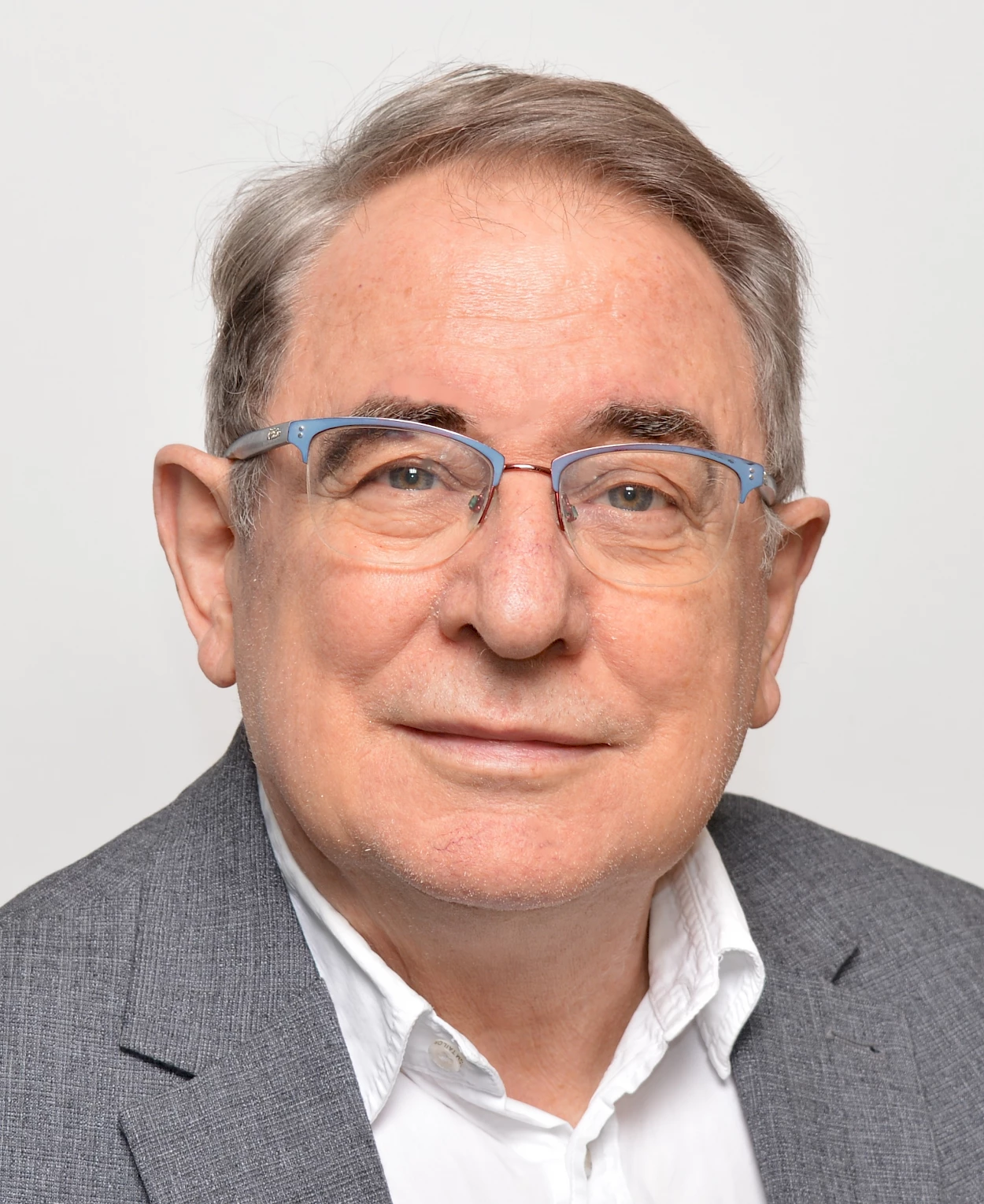Keynote 2 - 15 Years Research on Pluricentric Languages - Preserving Democracy and Fighting Authoritarianism for enabling research on pluricentricity
Rudolf Muhr (Graz, Austria)
In the first part of my presentation, I will briefly outline the development of our research group, how it was founded, what steps were taken and what achievements have been made over the last 15 years. I will also give an overview of the number of volumes and articles published since then. And how many pluricentric languages have been researched since then. I will also address the resistance to our model of pluricentricity that has emerged since 2010, led mainly by scholars working on the German language. It will be necessary to address some of their central claims and show that there is no basis for them.
In the second part of my talk, I will reflect on some of the basic assumptions that are necessary for doing research into PCLs. Our research is concerned with the variability of languages and the variation within a language that spreads across the borders of several countries. Whether this fact is recognised or not is not in the hands of the researchers, but depends on the political situation of the countries concerned and whether they have a democratic or an authoritarian political system. I maintain that the description of pluricentric languages is not in the interest of authoritarian systems and only possible in a culturally open-minded democratic system.
Authoritarian or even totalitarian political systems have no interest in describing variation because they are afraid of it and do everything they can to centralise language and culture in order to control it. When there is variation in language, people are also able to differentiate themselves and develop an identity that may not correspond to the one demanded by political leaders. Linguistic variation is also a social variation that can only be controlled through extra effort. If it cannot be fully controlled, authoritarian systems will do whatever is necessary to extinguish the social and personal self-determination associated with linguistic variation. So, I think researching PCLs is also a fight for a fairer and more open world and we should do everything we can to preserve our democracies to enable our research and contribute to the self-determination of people and the self-definition of underprivileged varieties.
Short Bio - Rudolf Muhr
I was born in 1950 in a small village in the south of Burgenland, near the Hungarian border. I grew up on a farm and visited an agricultural vocational college that should prepare me for taking over the farm of my parents. Instead I went to study German and English language and literature and General and Applied Linguistics in Graz, Austria. I completed my studies with a doctorate and a teacher diploma in 1979 and started at the Department of German as a research assistant where I set up a teacher training unit for German as a foreign language. After the mid-1990ies my interest in research turned to German as a pluricentric language and pluricentric languages. To this end, I founded the Austrian German Research Centre that existed at the University of Graz until my retirement in 2015 and is now a subdivision of the Austrian German Association, which I founded in 2013. After the founding of the WGNDV in 2010 and until now my main research interest are pluricentric languages and Austrian German.

